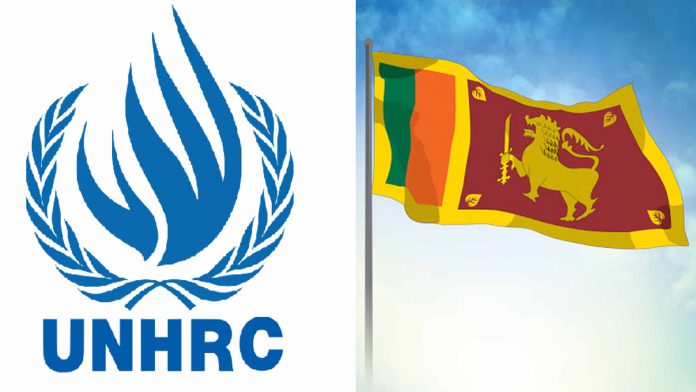Sri Lankan Police Crack Down on Mullivaikkal Commemorations
(Tharidu Jayawardhana)
The Sri Lanka Police are intensifying efforts to halt Mullivaikkal commemorations in the North-East. According to reports, there have been more than four...
The Narrative of Hejaaz Hisbullah : Victimhood of Gota’s Easter mastermind drama
(Tharindu Jayawardhana)
It has been 04 years since April 14th, when lawyer Mr. Hejaaz Hisbullah was illegally arrested as the mastermind of the Easter Sunday...
Vanishing Millions : The Hidden Tale of Sri Lanka’s Debt Trap (Part 01)
(Tharindu Jayawardhana)
The Sri Lankan government and government agencies undertake many projects each year by securing foreign loans. Some projects are long-term, large-scale endeavors, while...
500 Indian fishing trawlers in the North Sea; silence from the government, leaving...
(Tharindu Jayawardhana)
Reginold is a fisherman who has been battling sea waves for twenty years while carrying out his job. He is currently facing a...
Increasingly fenced in Rambaken Oya Milk Farmers hope for indigenous land
(Nethmi Rajawasam and MediaLK Team)
Increasingly fenced in Rambaken Oya Milk Farmers hope for indigenous land
The milk farmer settlers of Galwala Yaya in Rambaken Oya,...















